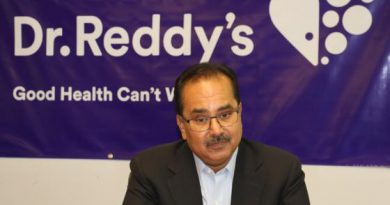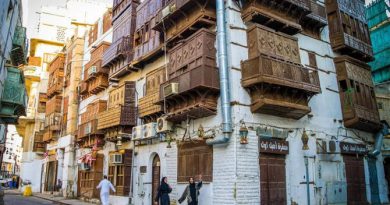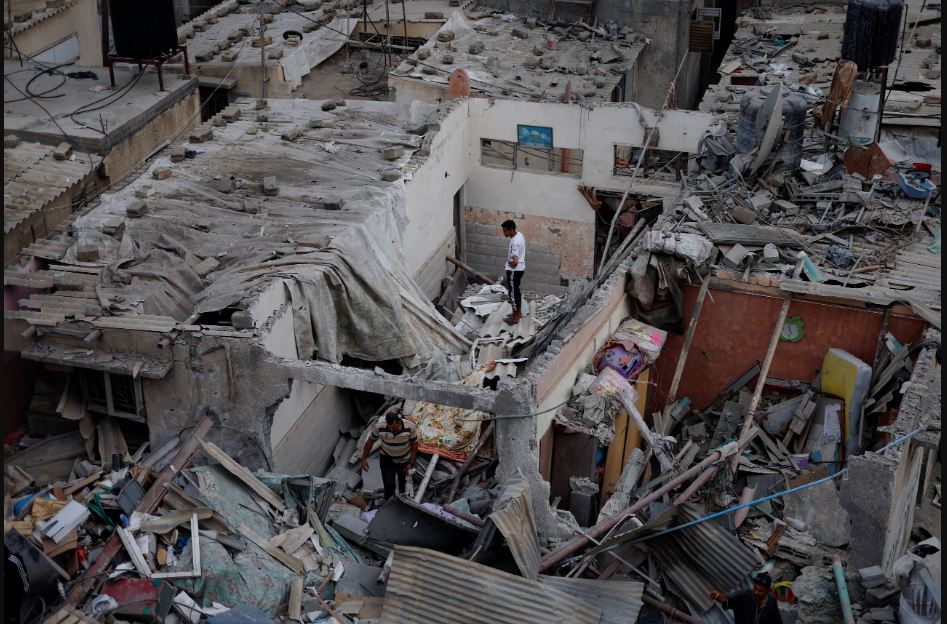Morocco’s Youth Voices Spark National Dialogue on Social Reform Ahead of 2030 World Cup
Rabat – Morocco is witnessing a surge of youth activism that has brought renewed attention to the country’s long-term goals of strengthening healthcare, education, and social equity. While protests have unfolded across several cities, observers say the energy and determination of Morocco’s “Gen Z” movement could become a catalyst for reforms that align with the Kingdom’s broader vision of inclusive development as it prepares to co-host the 2030 FIFA World Cup.
The demonstrations, led primarily by young Moroccans, have highlighted deep-rooted concerns over access to schools, hospitals, and opportunities in underserved regions. Social media platforms such as TikTok and Discord have amplified their voices, transforming what began as localized calls for improvement into a nationwide discussion about the future of Morocco’s social services.
“The right to health, education and a dignified life is not an empty slogan but a serious demand,” organizers wrote in a statement, underlining the constructive nature of the movement.
Amid rising youth demonstrations, Morocco is entering a critical moment of dialogue, with government leaders and civil society engaging to transform challenges into opportunities for reform and inclusivity.
While incidents of unrest have been reported in parts of the country, the broader impact has been to elevate urgent national conversations on fairness, accountability, and the need for balanced investments. Human rights groups and international organizations have encouraged Moroccan authorities to continue opening channels of dialogue, noting that listening to young citizens will strengthen Morocco’s democratic institutions and social contract.
Prime Minister Aziz Akhannouch has already announced that parliament will convene on Thursday to address reforms in health care and hospital systems. This step reflects the government’s acknowledgment of the demands voiced by citizens and its intention to ensure that Morocco’s development agenda goes hand in hand with social progress.
The protests have also brought wider support from influential figures in Moroccan society. National football icon Yassine Bounou and popular rapper El Grande Toto have expressed solidarity with the movement, demonstrating how cultural leaders can help channel youthful energy into constructive outcomes.
Although Morocco has invested billions into infrastructure and stadiums for the 2030 World Cup, officials emphasize that these projects are not in competition with health and education reforms. Rather, they argue that hosting the global sporting event will serve as a springboard for broader improvements in public services, urban planning, and employment opportunities—especially for the country’s youth.
International observers note that Morocco is not alone in facing generational calls for reform. Similar youth-led movements in countries such as Nepal and Madagascar reflect a global pattern of young citizens demanding a greater stake in shaping policy. In Morocco, however, the engagement of government leaders signals an opportunity to turn tension into partnership, and protest into progress.
The momentum generated by this movement comes at a time when Morocco is positioning itself as both a regional and international leader—balancing modernization, global connectivity, and cultural preservation. For many, the voices of young Moroccans symbolize the vibrancy of a nation determined to grow stronger by confronting its challenges directly.
As the Kingdom looks ahead to the World Cup and beyond, the current wave of youth activism may prove to be an inflection point: not just a call for immediate reform, but also a reminder of Morocco’s potential to model inclusive, participatory governance in the region.



